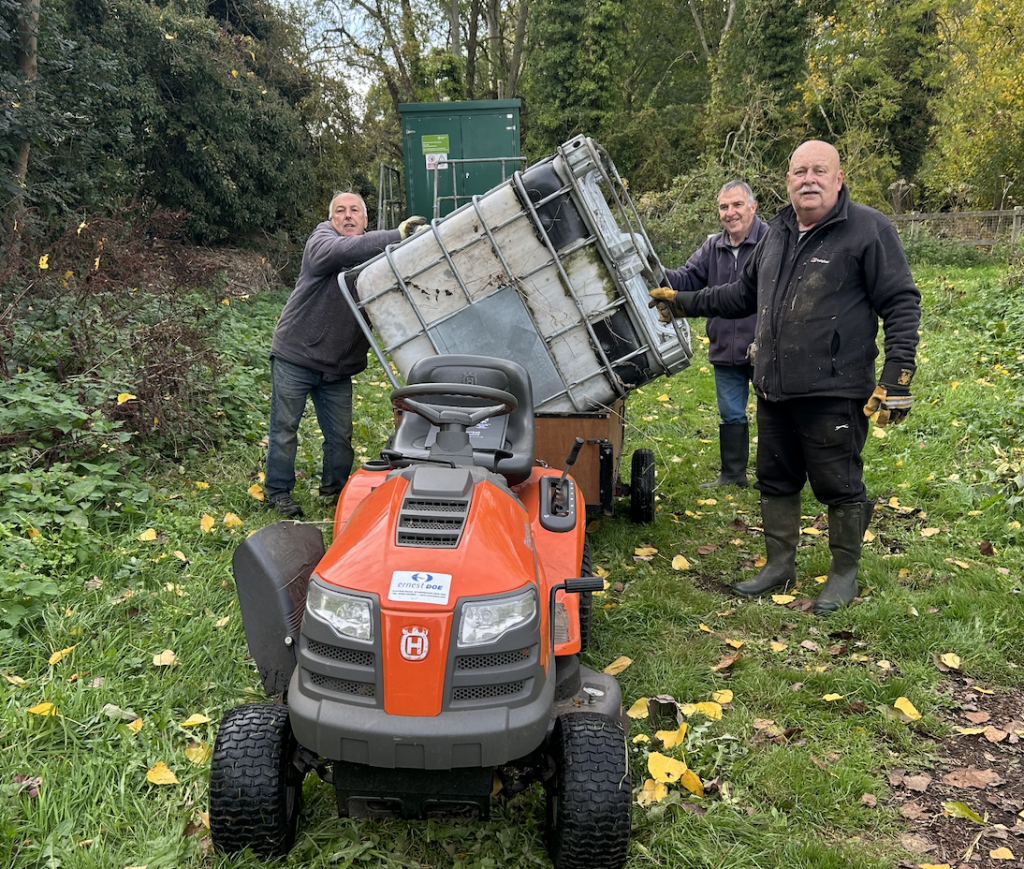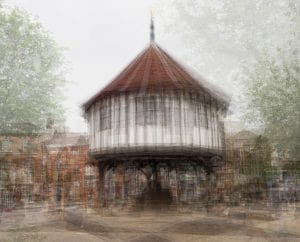We plough the fields and scatter the good seed on the land, but it is fed and watered by God’s almighty hand,” but sometimes God can overdo the watering.
“Corn needs moisture,” said Ted, “but give it too much and it will drown.” He explained that rainwater can remove the nitrates from the soil, and without these nitrates, crops won’t grow. On top of that, excessive rain can lead to a baby boom of wireworms (the larvae of click beetles) who will gladly help themselves to your wheat and barley. So, farmers use clay pipes or dig channels to drain surface rainwater into nearby ditches or streams.
In addition, it is essential for farmers to have fields as flat as possible to prevent the build-up of rainwater in the furrows (trenches) made by ploughing. This can be achieved by ploughing in several different directions. Ted has wryly observed that modern farmers have much bigger fields than in his day, with plenty of “crinkles” (ups and downs) and “then they wonder why nothing grows!”
The art of ploughing has changed dramatically in Ted’s lifetime. As recently as the late 1940s horse drawn ploughs were used in Norfolk. From that decade, Ted remembers mechanised ploughs made out of old cars fitted with iron spike wheels. It was during the 1950s that purpose—built tractors, particularly those manufactured by Ford, became a must have item for farmers.
Since the 1980s tractors have increased in size. Recently Ted saw a three tonne John Deere tractor (John Deere invented a steel plough in the 19th century) just east of Norwich.
The advantage of these gigantic, high-tech machines is that they get jobs done much quicker, but there are drawbacks. For example, the sheer weight of these tractors compacts the soil, which can reduce the amount of water being able to enter the soil, increase soil erosion and make it harder for plant roots to grow.
Fortunately, there are effective farming methods to address the problems of compacted soil. However, Ted has reminded us that our relationship with the land is based on give and take; we like to take, but sometimes we must remember to give.















